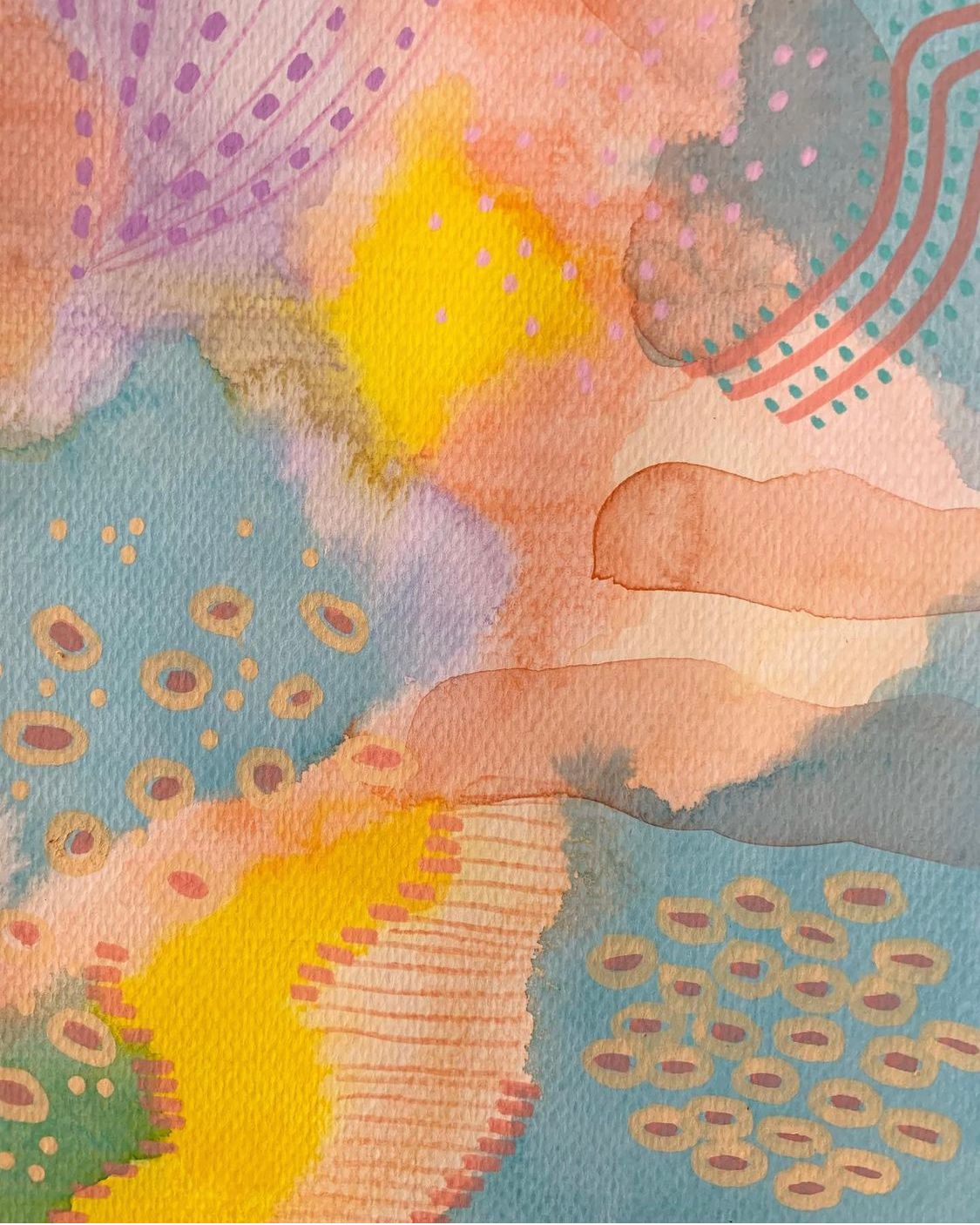This past weekend, I was talking to a friend about the ability to listen, to be interested in the life of others. She told me that she had once heard that the basic characteristic of being a good psychologist is precisely to be curious about other people's lives. A curiosity that speaks of a real interest in who is the one with whom one talks, about what is going on with that person, about how they live their experiences and what they do with what they experience. I would say that it is a deep curiosity for what is human.
Analysis is, above all, a work of listening, of a differentiated availability of listening. Recently I spoke here , briefly, about the fundamental rule of analysis, free association, speaking freely, without any judgment. The analyst is, then, in this position available to listen to whatever comes from the analysand, he is interested in what the analysand says, in how he speaks, in what words he chooses to say. I think this is a radical position and one that does not demand little.
We use the word listen, the verb listen. Why don't we use the verb "hear"? I subjectively and intuitively perceive the difference between listening and listening, but I went to research. Although they are often taken as synonyms - and to some extent they really are - listening is linked to the mechanical process of hearing, of what comes to me without my necessarily choosing. I am reminded here of the expression "I heard that..."; It's something vague, I've heard it around, I don't remember where I heard it or who spoke. Listening, listening is something else. Listening presupposes intentionality, directed and voluntary attention.
The famous case of Anna O. (not her real name is Bertha Pappenheim), treated by Breuer, Freud's colleague in the treatment of hysteria. Anna became known for, in a way, having created the method that would come to be called "free association". She names him talking cure , that is, "healing by talking", or even, chimney-sweeping, "chimney sweep". The patient's clinical case is presented in the Studies on hysteria (from 1893-1895, written by Freud and Breuer) and clearly shows the effect of narrative, how the fact of verbalizing experiences promoted calm. Breuer states: "When, after that, she had exhausted herself from talking so much (...), her mind was clear, calm and cheerful (p. 62, Standard Edition)"; in another passage: "I have already described how his mind was entirely relieved after, trembling with fear and horror, he had reproduced these frightening images and given them verbal expression (p. 65, idem)."

It is not uncommon for people, when heard in a first conversation with an analyst, to feel relieved, to see very quickly some result of those few minutes of conversation. Sometimes it is said "I just needed to speak", as an action closed in on itself. I feel that perhaps it is simplistic and what is missing here is what can totally change this speech, this saying: an interlocutor who is really available to listen. Talking for the sake of talking, one could talk to almost anyone, but talking to someone who listens interestedly, follows the narrative, comes back here and there to mark a word, to make a connection; This is radically different.
Talking about analysis is different from talking outside of it. The relationship that arises in an analysis is quite peculiar. But the point I would like to make here is that finding good "listeners" in ordinary life can also promote a healing effect, to use the term brought by Anna O., a therapeutic effect.
It is at this point that I ask myself how much we are listening to each other, how much we are genuinely interested in what is happening to those around us, when we ask a question that is truly interested in the answer, available to listen to what will come from the mouth of our interlocutor. I wonder if not We are focused only on our navels, cool, unaffected by what happens even to our dearest people.
Empathy is among the words that have gained notoriety in recent times; understood, in a synthetic way, as "putting oneself in the place of the other". And it's good to do this exercise of leaving one's own place, but I always make the caveat, when I put myself in the other's place it's still me. Empathy, the true one, demands a leap, a position capable of listening to what is different from me, a place of authentic openness to the other. It seems to me that, in the midst of the speed and haste in which we live, we need to exercise our ability to listen and perhaps heal ourselves, at least a little, from our navel-gazing and also from our most everyday pains, more typical of what it is to live life.
Note: To read more about the fascinating art of listening, I recommend the book "The clown and the psychoanalyst" , by Christian Dunker and Cláudio Thebas.






